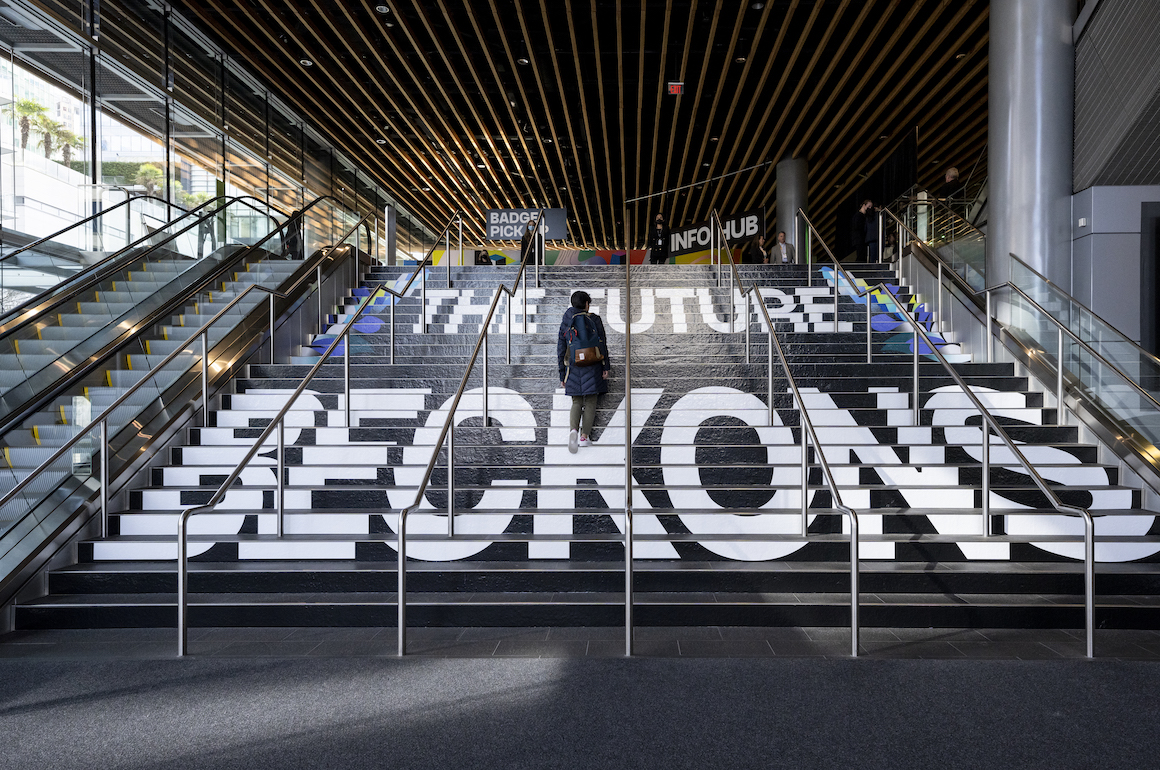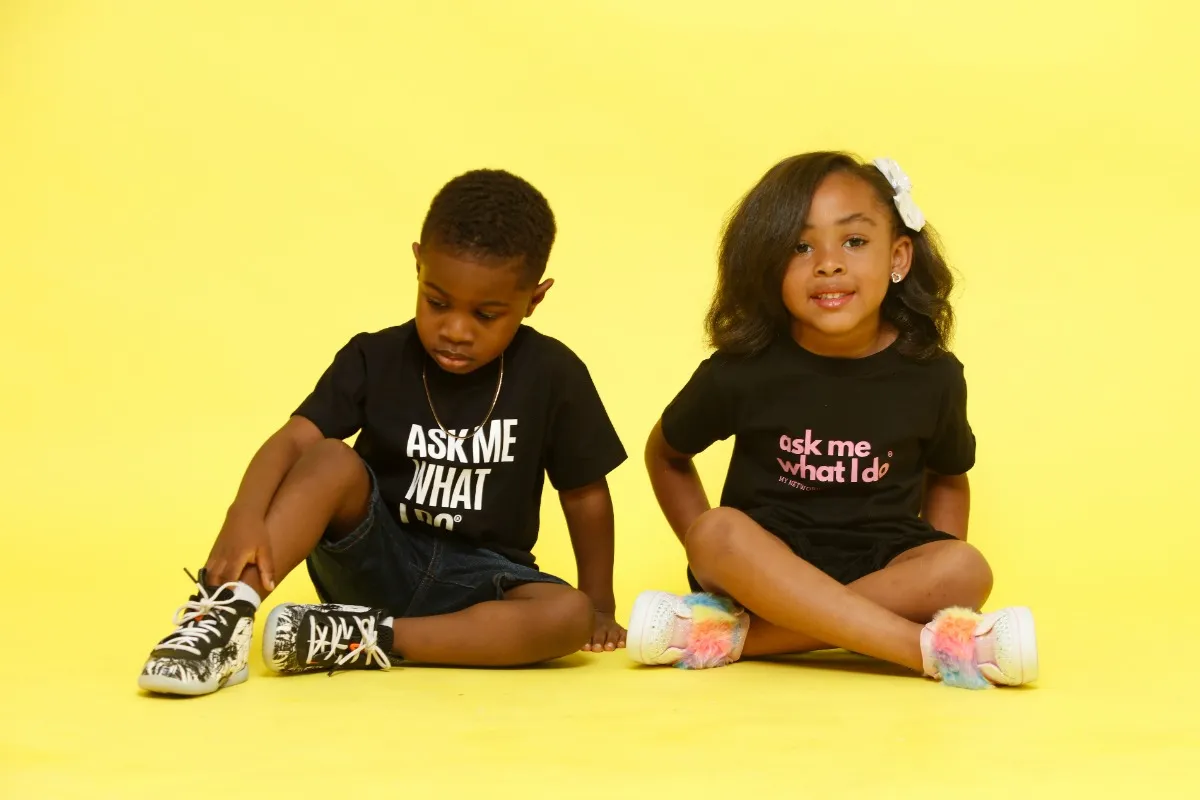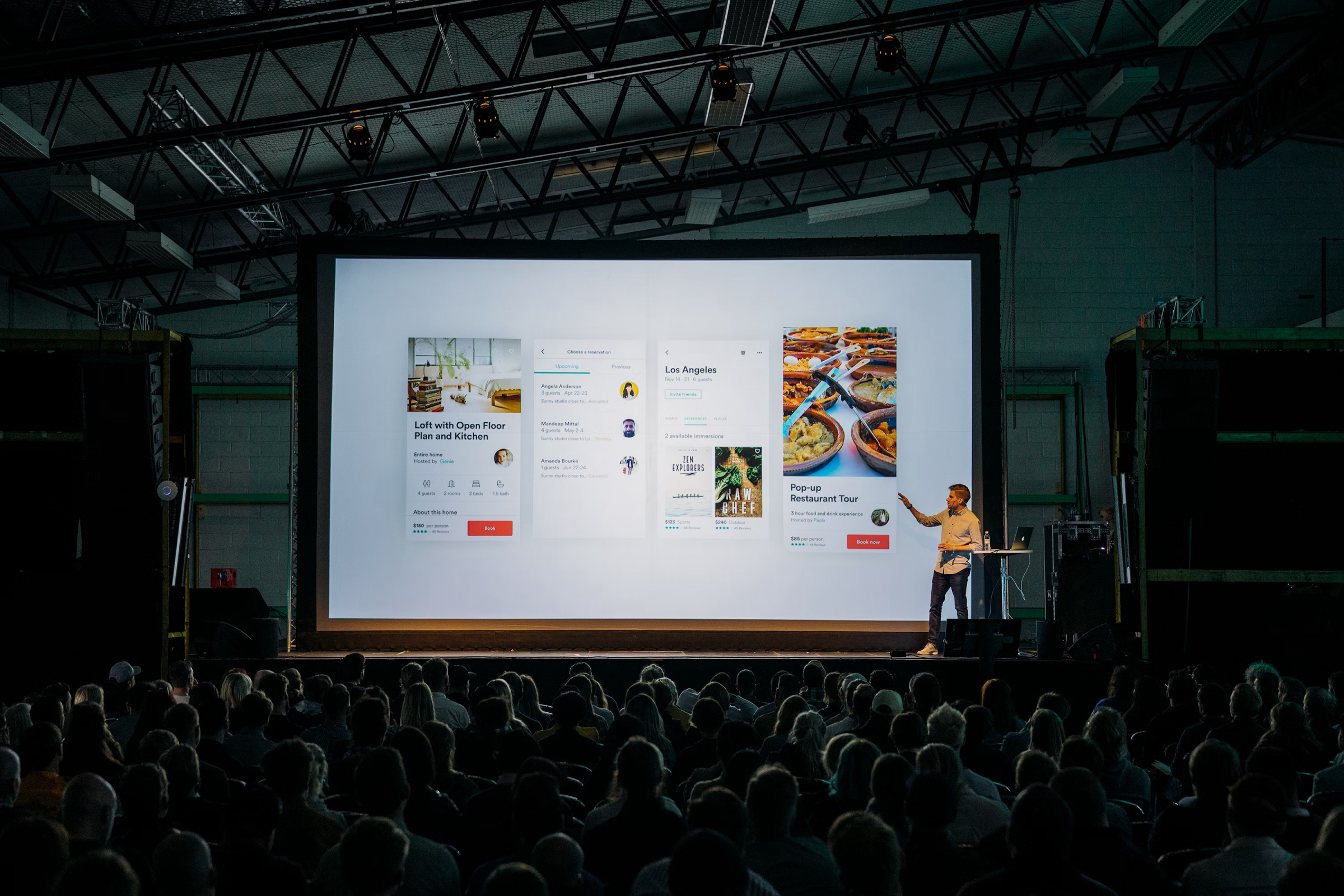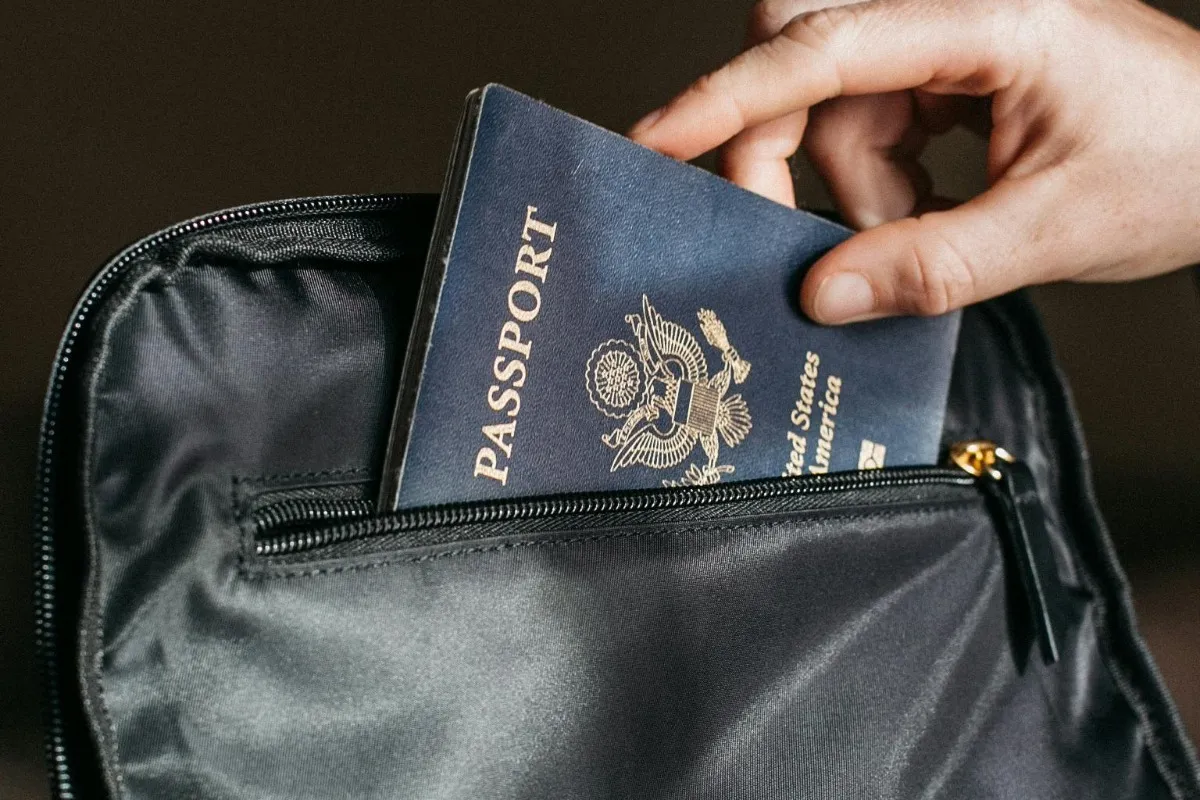6 Post-Pandemic Tips From the Planner of the TED Conference

Skift Take
Monique Ruff-Bell, head of conferences for TED, may have 23 years of experience in the events industry, but nothing is like planning the TED Conference held in Vancouver, Canada. Most are familiar with TED Talks, the 18-minute, no prop, no teleprompter performances covering a vast array of technology, science, entertainment, and design topics. Millions of TED Talks have been viewed and downloaded every day since they were launched in 1984.
What many don’t know is there has been an annual TED Conference held every year (except last) since 1990. It’s an invitation-only affair that typically draws more than 2,000 attendees from all over the world. The overarching goal, said Ruff-Bell, is for attendees and speakers to connect with and inspire each other. As much as people come for the content, it’s really the social interactions with experts, visionaries, and influencers that make the conference a hot ticket . . . and an expensive one, with prices ranging from $5,000 to $25,000.
After missing last year because of Covid, this year’s TED Conference ran for five days in Vancouver in mid-April, with 70 different main stage events — longer talks, shorter presentations, interviews, and debates. It was among the early major gatherings to return in full force to the Vancouver Convention Centre.
Putting together a conference with so many moving parts — the sheer number of different events and presenters, the variety of activities, cocktail receptions, parties, and off-site dinners, and high expectations from attendees — requires a team of more than 80 full-time staffers (twice that many onsite) who spend the better part of a year on planning, Ruff-Bell said. The challenge and complexity involved with planning the conference intrigued her, a 23-year veteran of the events industry, and she joined the company in January. She leads a team of experts in media, production, and planning; a separate group curates the content and selects the speakers.
Her takeaways from her first TED Conference can inspire other event planners.
1. Work With the Same Venue Each Year
“Because we’ve used the Vancouver Convention Centre multiple times, the staff knows to expect some creative uses of their space, and they work hard to accommodate things like interconnected lounges, several coffee bars, exercise equipment, and badminton courts in the pre-function space.”
2. Keep Health and Safety Protocols in Mind When Determining Space Usage
“People love to be in the theater when they’re watching the talks,” she said, “but for anyone concerned about social distancing we set up half a dozen simulcast pod areas with more separation between seats.” Some attendees actually preferred to watch from these pods, where they could put their feet up on ottomans and enjoy a coffee (beverages aren’t allowed in the theaters).
3. Design the Agenda to Allow for Relief From the Intensity
Because of the sheer volume and complexity of the subject material, the talks are interspersed with music, performances, and comedy. In between sessions, the “restore” lounge offered chair massages, an oxygen bar, and aromatherapy. Workshops that encouraged hands-on activities, such as hand-dipping chocolate — taught by a renowned chocolatier — were also popular.
4. Use Technology to Encourage Personal Connections
“Unlike a trade show or company conference, the attendees often don’t know anyone else at the event,” Ruff-Bell said. A bespoke app-connected people with shared interests; attendees filled out profiles before the conference, and AI did the matches. Another much-appreciated but unrelated bit of technology: instant registration. “There was no line to register, a first for me,” Ruff-Bell said. “You gave your name at the door, and by the time you went up one level on the escalator you were handed your bag and badge.”
5. Make It Entertaining
“I call the TED Conference the adult playground for the curious,” Ruff-Bell said. So how do you keep curious people engaged after listening to dozens of thought-provoking, heart-wrenching TED talks? The answer was “activations” with sensory experiences. A virtual reality spacewalk was hugely popular; participants used VR headsets to follow two astronauts as they stepped out of the International Space Station to fix a satellite. (The room seated eight people at a time, and there was always a line to try it.) The McLaren Esports Simulator used real-time in-race analytics for attendees to “race” one another using the same simulators professional drivers use for training.
One of the most timely activations was “The Last Pandemic, a corollary with Bill Gates’ talk about ways to ensure the world never suffers another pandemic like Covid. The concept was a museum exhibit set 50 years in the future, showcasing the memories and artifacts from the two years when the coronavirus raged. Each room had a different theme: tools used to stop the disease, maps that showed how quickly the virus spread around the world, stories of six healthcare workers on the front lines. As you walked through the exhibit, you moved forward in time until the last room, where walls were covered with publications celebrating a pandemic-free era.
6. Skip Special Treatment for VIPs
Even celebrity speakers who included Bill Gates, Elon Musk, Al Gore, Garry Kasparov, Jeannette Winterson, and Allyson Felix and famous attendees weren’t coddled with separate star treatment. “We put into our communications that attendees need to be respectful of boundaries, and to get permission for selfies, for example,” Ruff-Bell said. “But we find that celebrities are happy to get out of their bubbles to get the most out of the TED Conference experience. They mingled, they got into intense conversations, and they waited in line for coffee or a buffet just like everyone else.”
Next year’s TED Conference, themed “Possibility,” will be held in Vancouver April 17-21, 2023.




